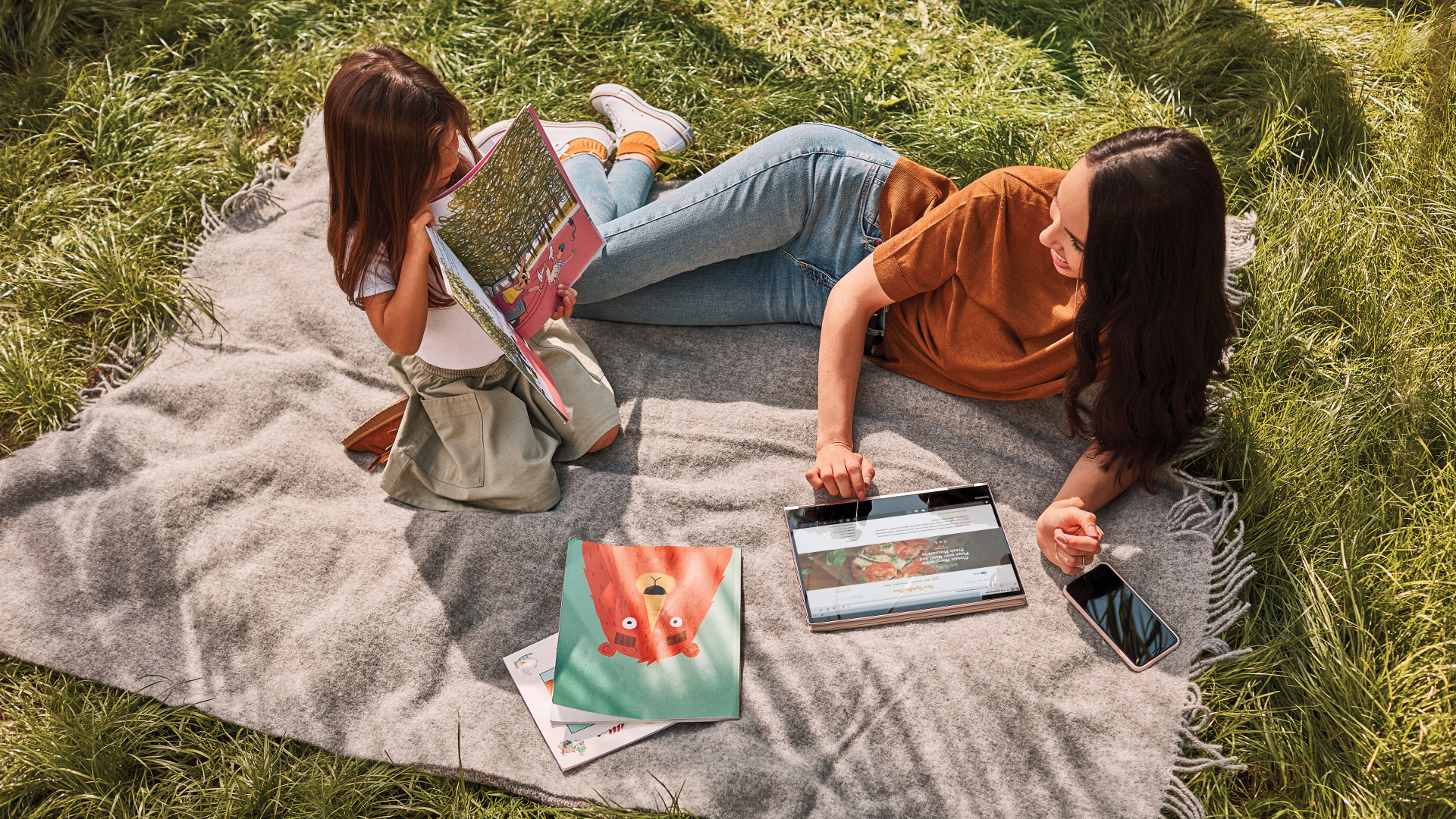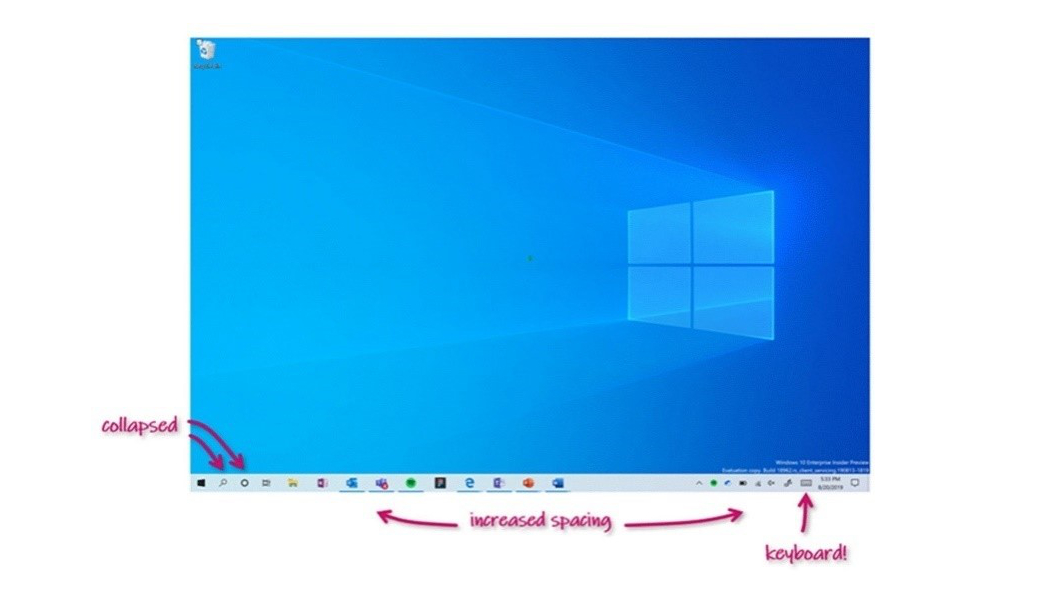Windows 10 is finally fixing its search problems, and getting better for 2-in-1 laptops
Better search indexing logic in new preview should make a big difference

Windows 10’s latest preview has been made available to fast ring testers with a new (albeit previously glimpsed by some) desktop experience for 2-in-1 users, and an important fix to improve Windows search.
Build 19592 – which is for the Windows 10 update due to arrive in the second half of 2020 – offers what Microsoft describes as a new tablet experience for convertible devices.
- How to work smarter from home with Windows 10
- Check out the best Windows 10 deals
- Best 2-in-1 laptops of 2020
This is kind of like a halfway step between the normal desktop and the Tablet Mode which kicks in when you fold your keyboard back (or remove it entirely, in the case of a detachable like one of Microsoft’s Surface range).
Tablet Mode will still remain, but the compromise tablet experience essentially keeps the desktop as it is normally, but with some carefully applied tweaks that make using it with a touchscreen easier.
That means spacing out the icons on the taskbar more, and adding a little more breathing room with File Explorer in a similar vein, to make interacting with your files and folders easier with the touchscreen.
There’s also an icon on the taskbar to bring up a virtual keyboard quickly and conveniently, and indeed the touch keyboard will automatically pop up whenever you tap on a text field, and you need to type. Furthermore, the search box on the taskbar will be collapsed into an icon-only mode.
So these are all measures which are about tweaking the available desktop space, and making sure that various icons are well-spaced for touch usage, as well as ensuring that the virtual keyboard is far more accessible with the new tablet experience.
Sign up for breaking news, reviews, opinion, top tech deals, and more.

As we mentioned at the outset, this feature was actually briefly rolled out previously as part of testing 20H1, the next Windows 10 update which is due soon, but that was a short experiment – and it has since been refined, which is what we’re seeing now.
Although not every Windows 10 tester will get to play with it yet, as Microsoft notes that the feature will be rolling out slowly, with those who never use Tablet Mode, and have turned off the nag prompt to do so – or have never removed their keyboard if they have a detachable – getting to try it first (presumably to see if it can tempt these Tablet Mode haters).
Microsoft assures us that this time around, the tablet experience won’t be ditched, and the plan is to deliver this to the release version of Windows 10 in the future (presumably in 20H2, but we guess that depends on how testing goes, of course).
Intelligent indexing
The other major change with build 19592 is that Windows 10 search is being graced with improved logic so it can more intelligently determine when to perform the indexing of your files.
Indexing duties – which help to make search work faster, and results pop up quicker, by pre-cataloguing files – come with a hit on your PC’s performance, and can hog CPU and disk resources as we’ve heard in the past.
So the idea is that Windows 10 will try to avoid carrying out any heavy indexing work while you’re actively doing stuff on your machine.
Microsoft further explains: “An improvement was also made to significantly limit the amount of times the service indexes your files for content that doesn’t have an impact on search experiences, and gives you a better experience on Windows.”
This is a long-standing bugbear for many, and it’s an area that Microsoft has already been working on, having produced an Indexer Diagnostics app as a troubleshooting measure for performance-related problems.
Aside from these two main avenues of work, Microsoft applied the usual raft of various fixes with build 19592, which include a solution for the issue that meant ARM devices were temporarily blocked from receiving new preview builds (due to a bugcheck problem).
As ever, the full list of tweaks, fixes and known issues is present in Microsoft’s detailed blog post on the new build.
- These are the best laptops out there
- Stay safer on Windows 10 with the best PC VPN
- Check out our review of the Dell Latitude 5300 2-in-1
Darren is a freelancer writing news and features for TechRadar (and occasionally T3) across a broad range of computing topics including CPUs, GPUs, various other hardware, VPNs, antivirus and more. He has written about tech for the best part of three decades, and writes books in his spare time (his debut novel - 'I Know What You Did Last Supper' - was published by Hachette UK in 2013).